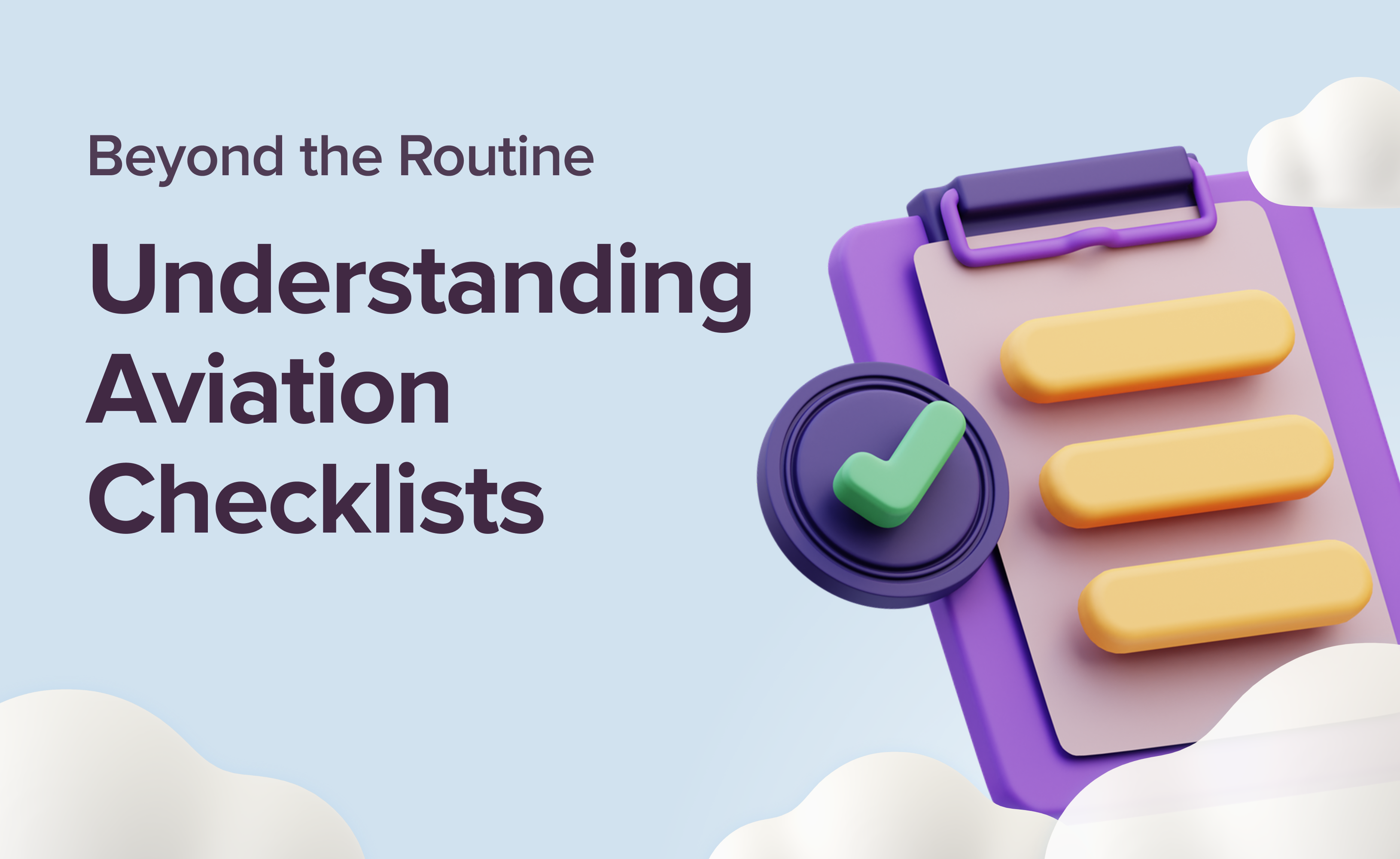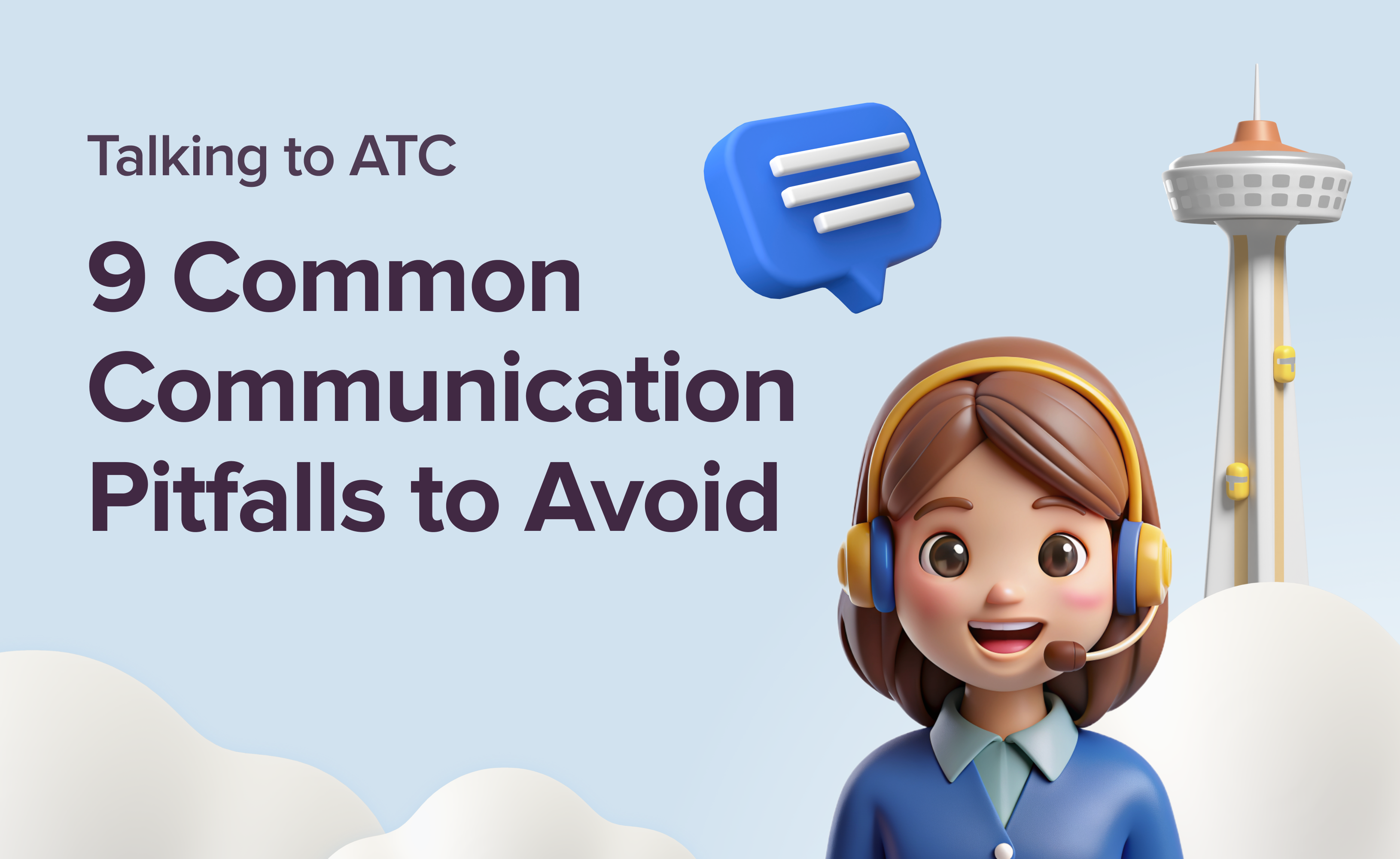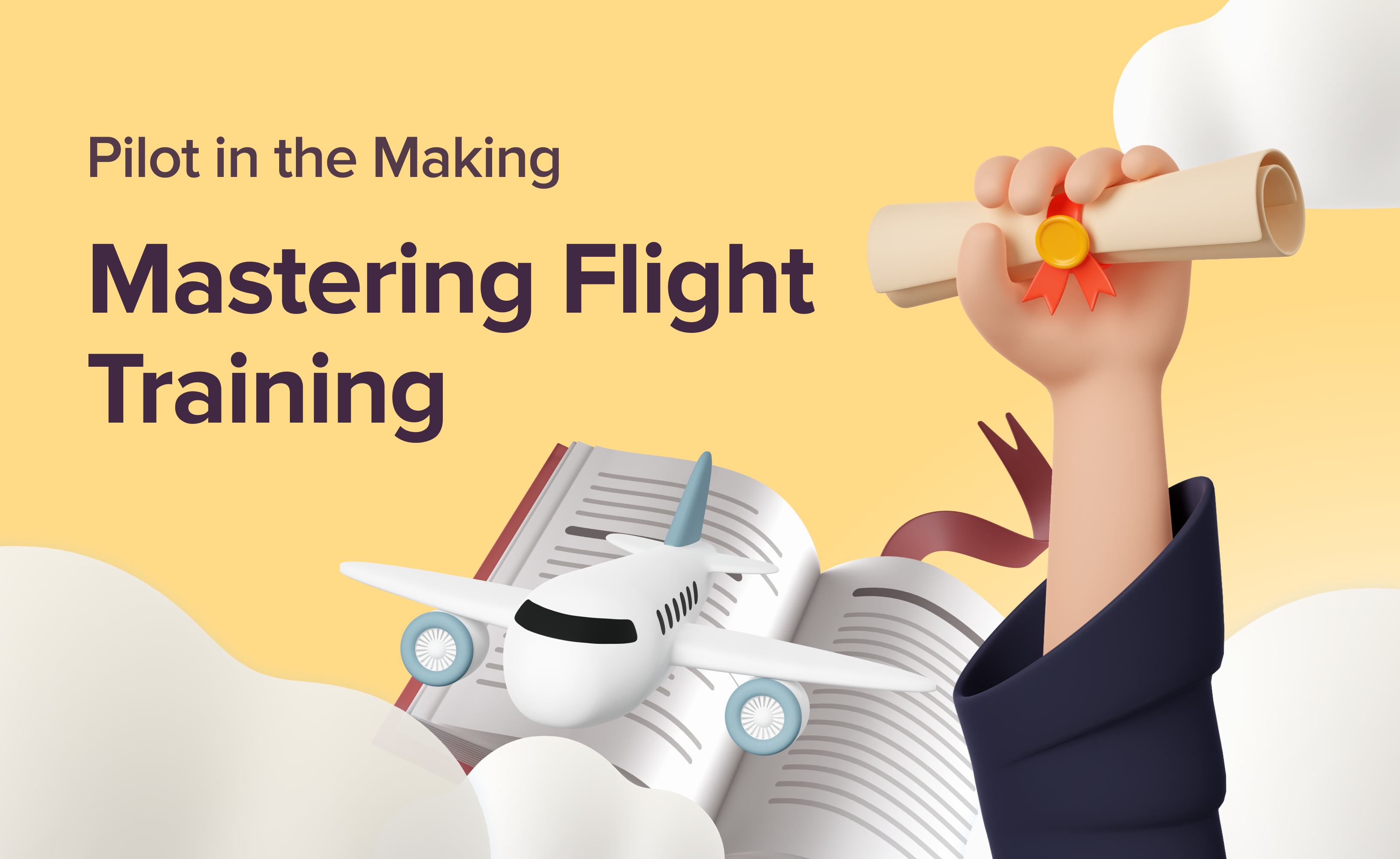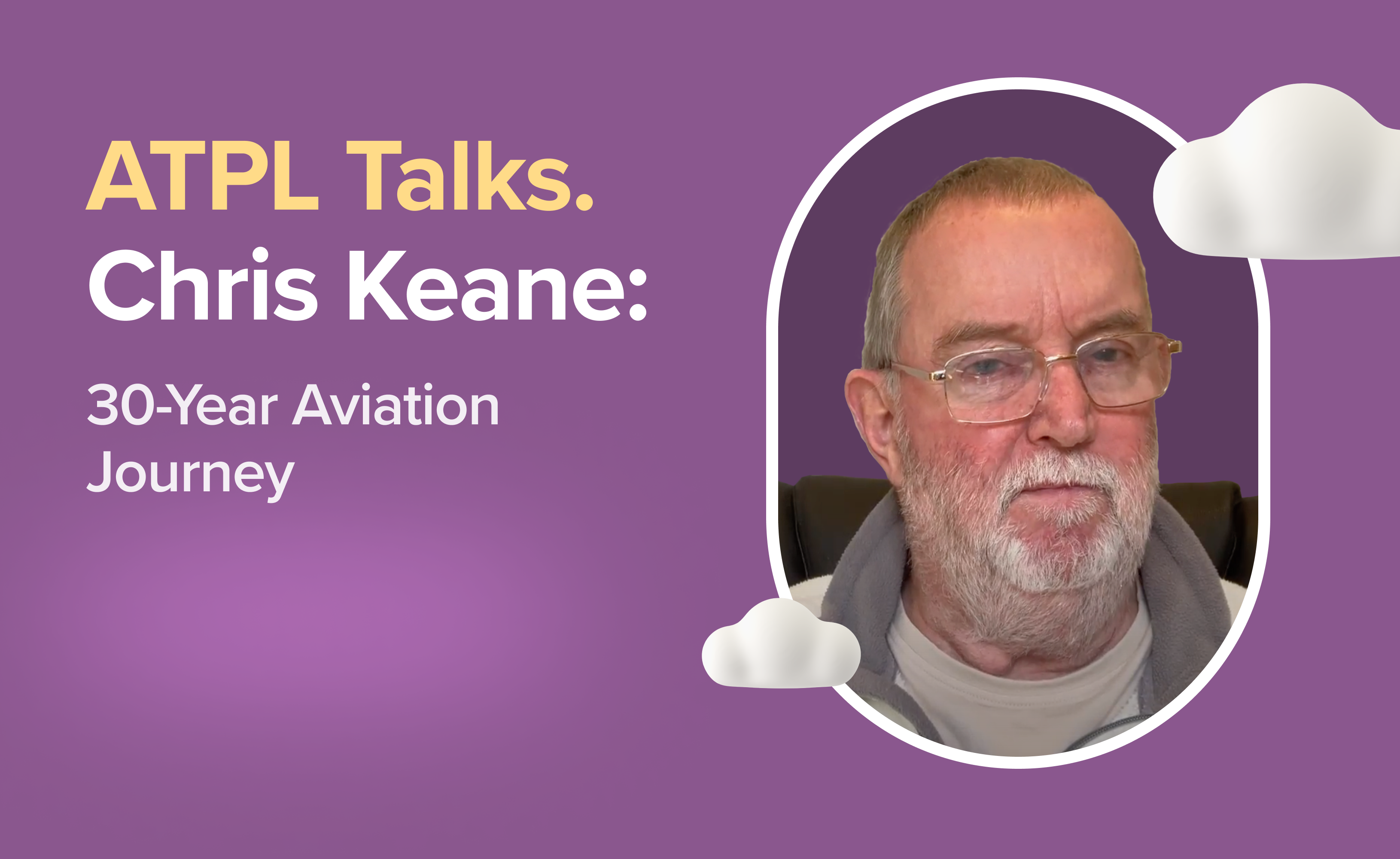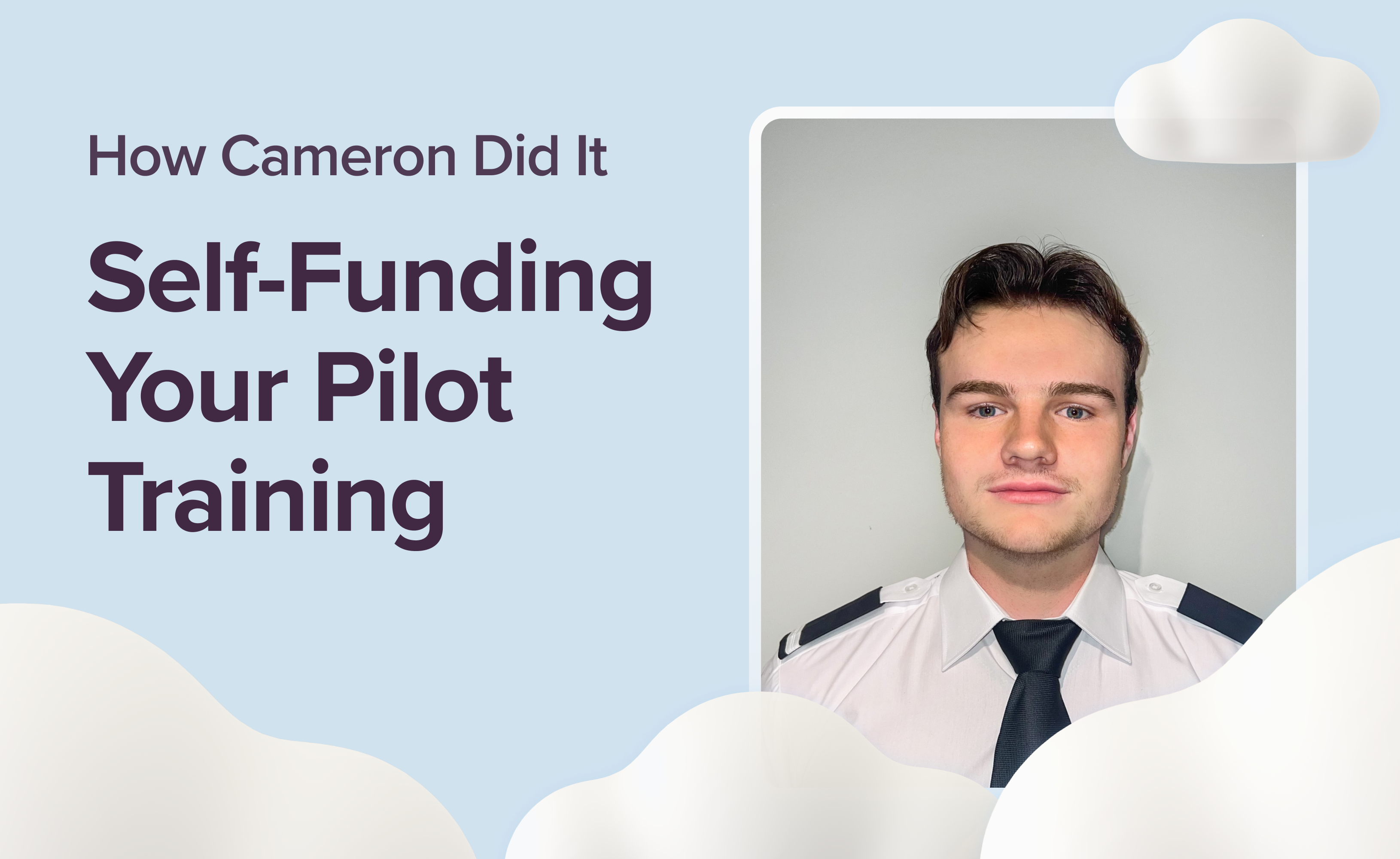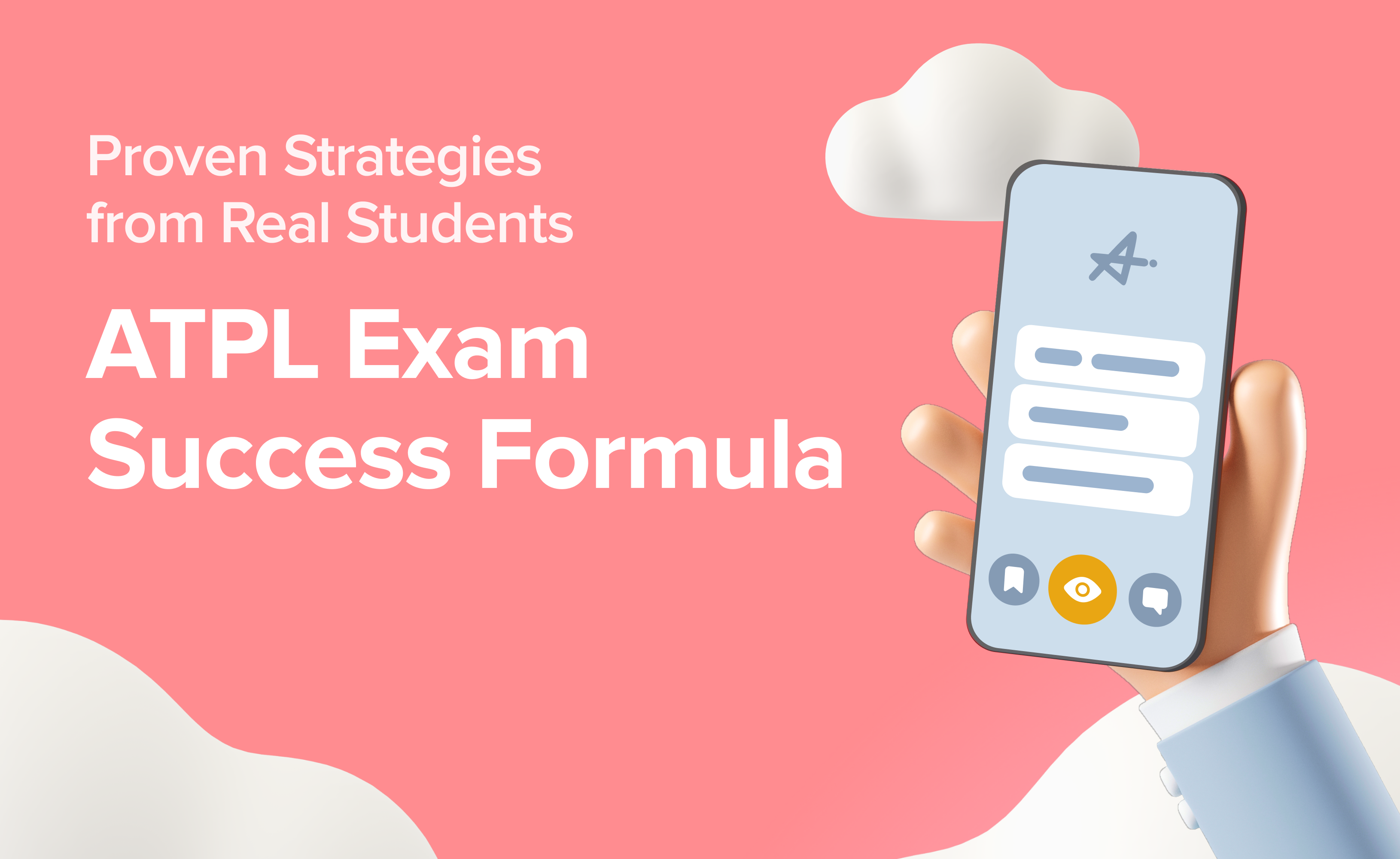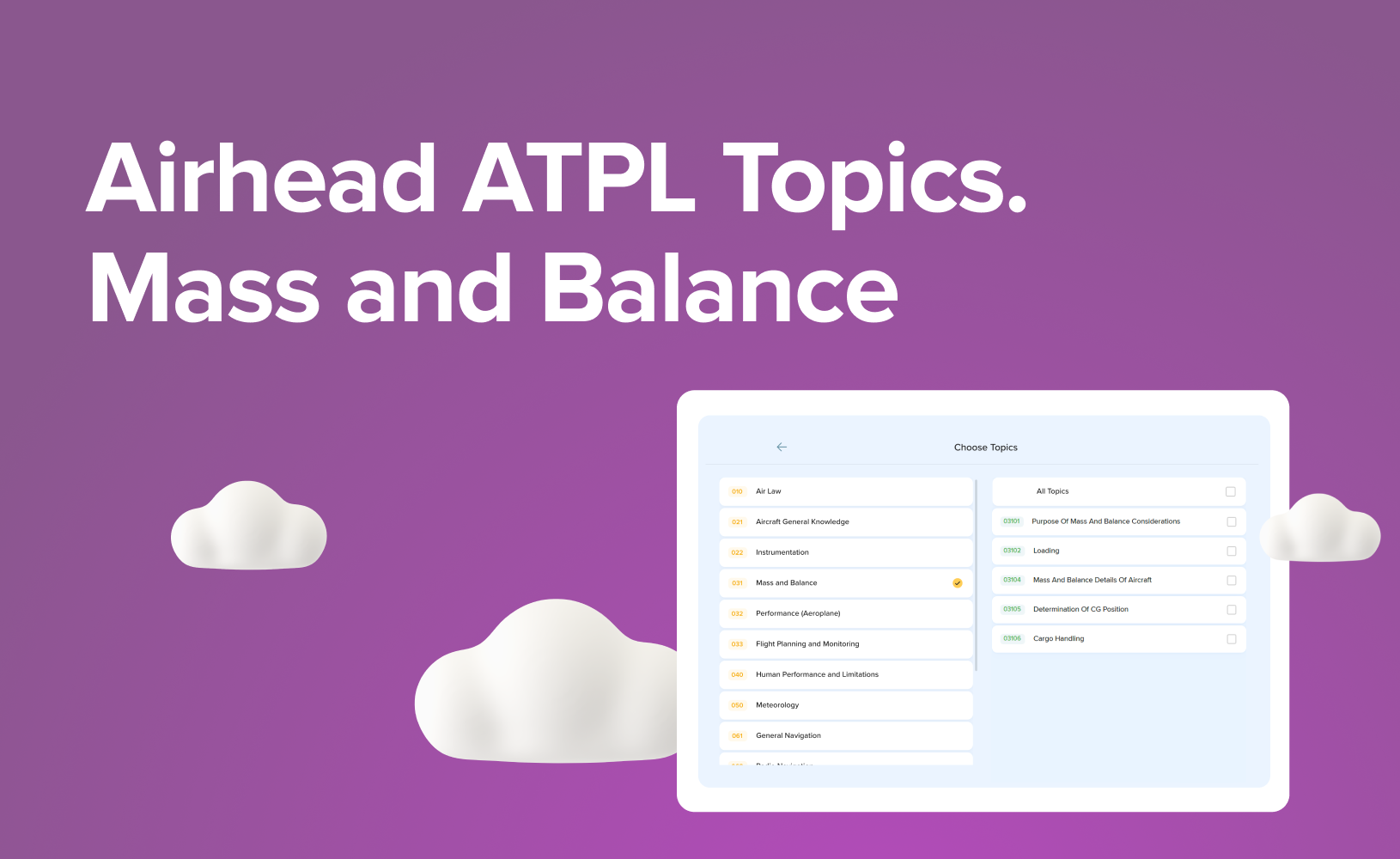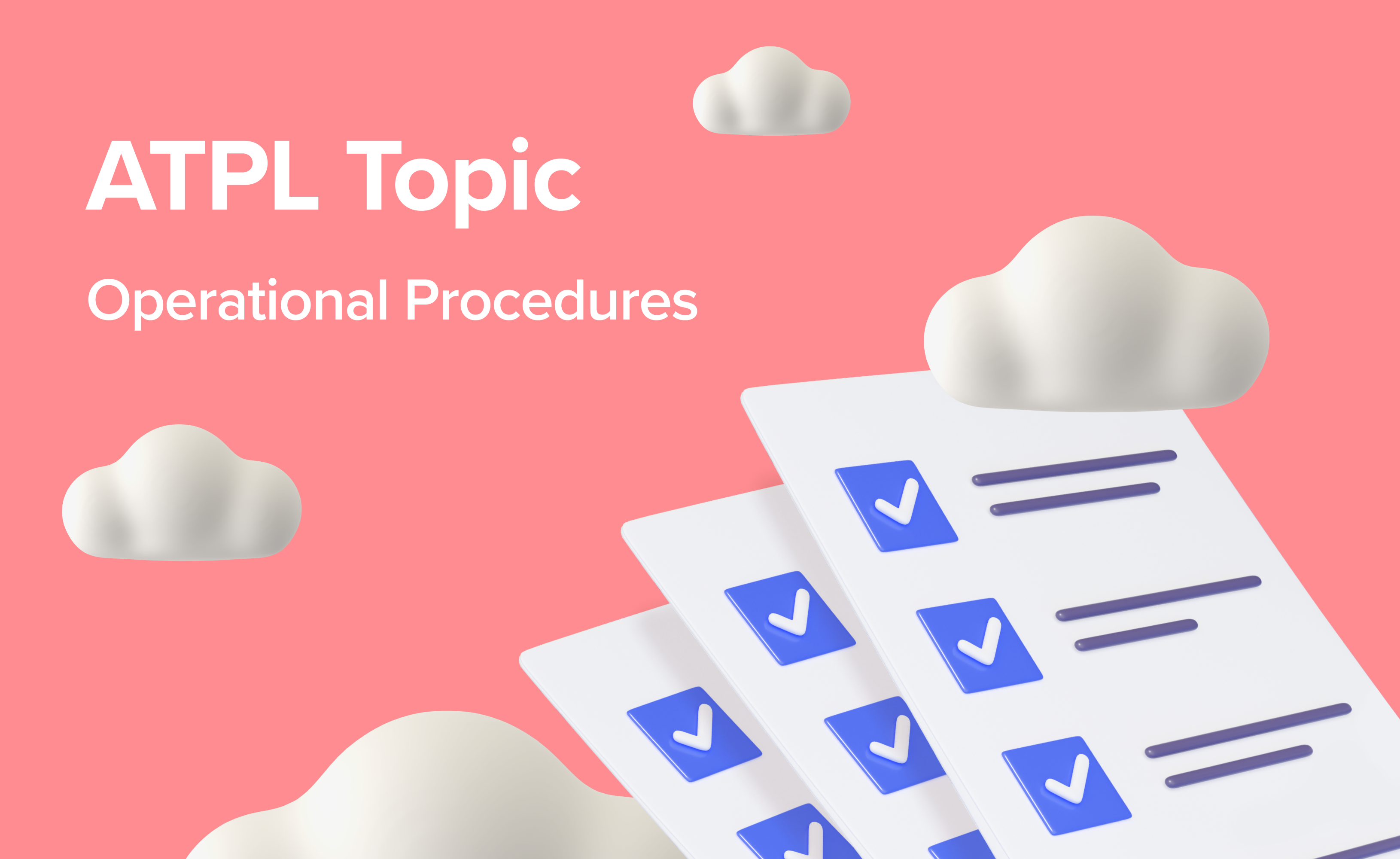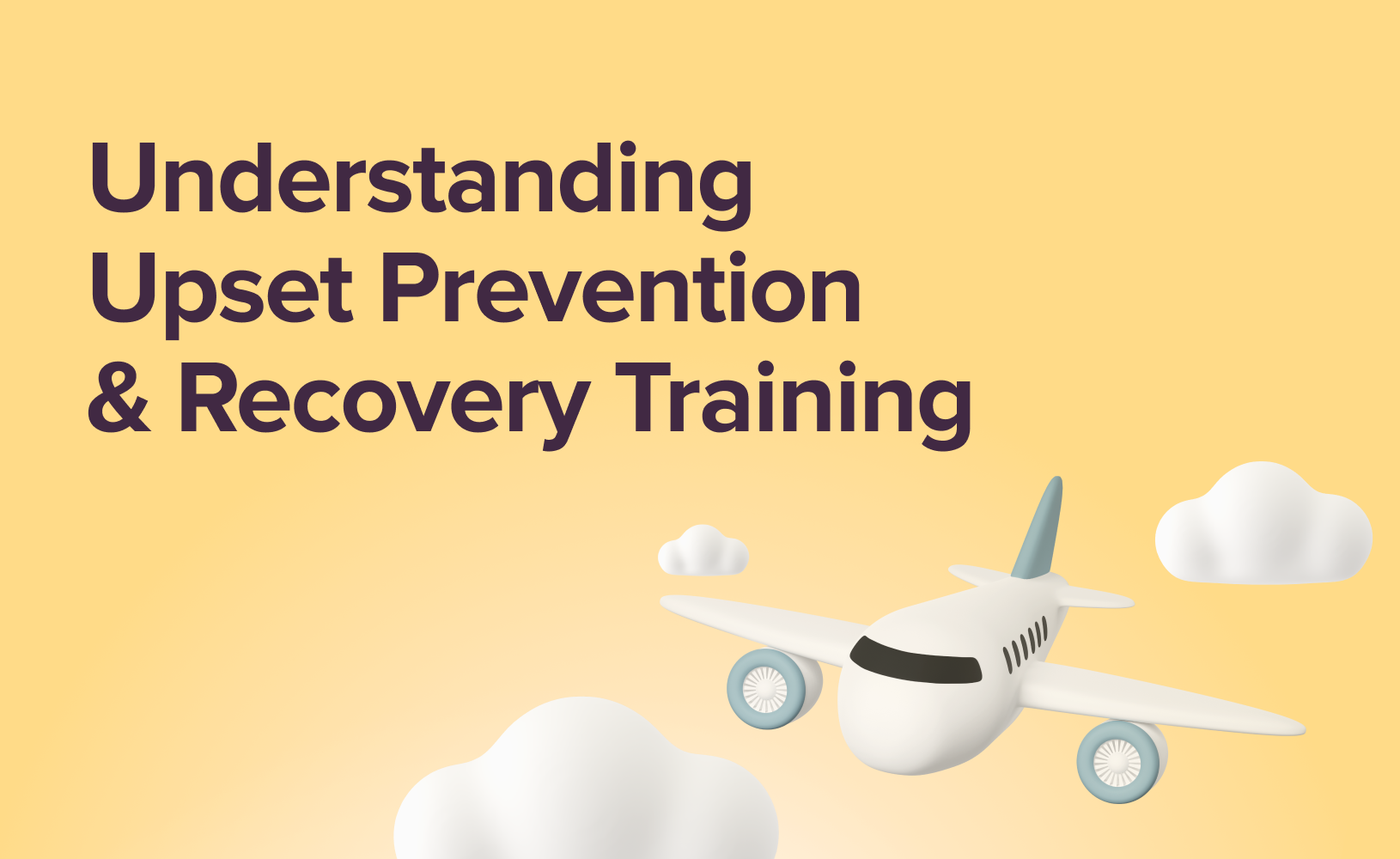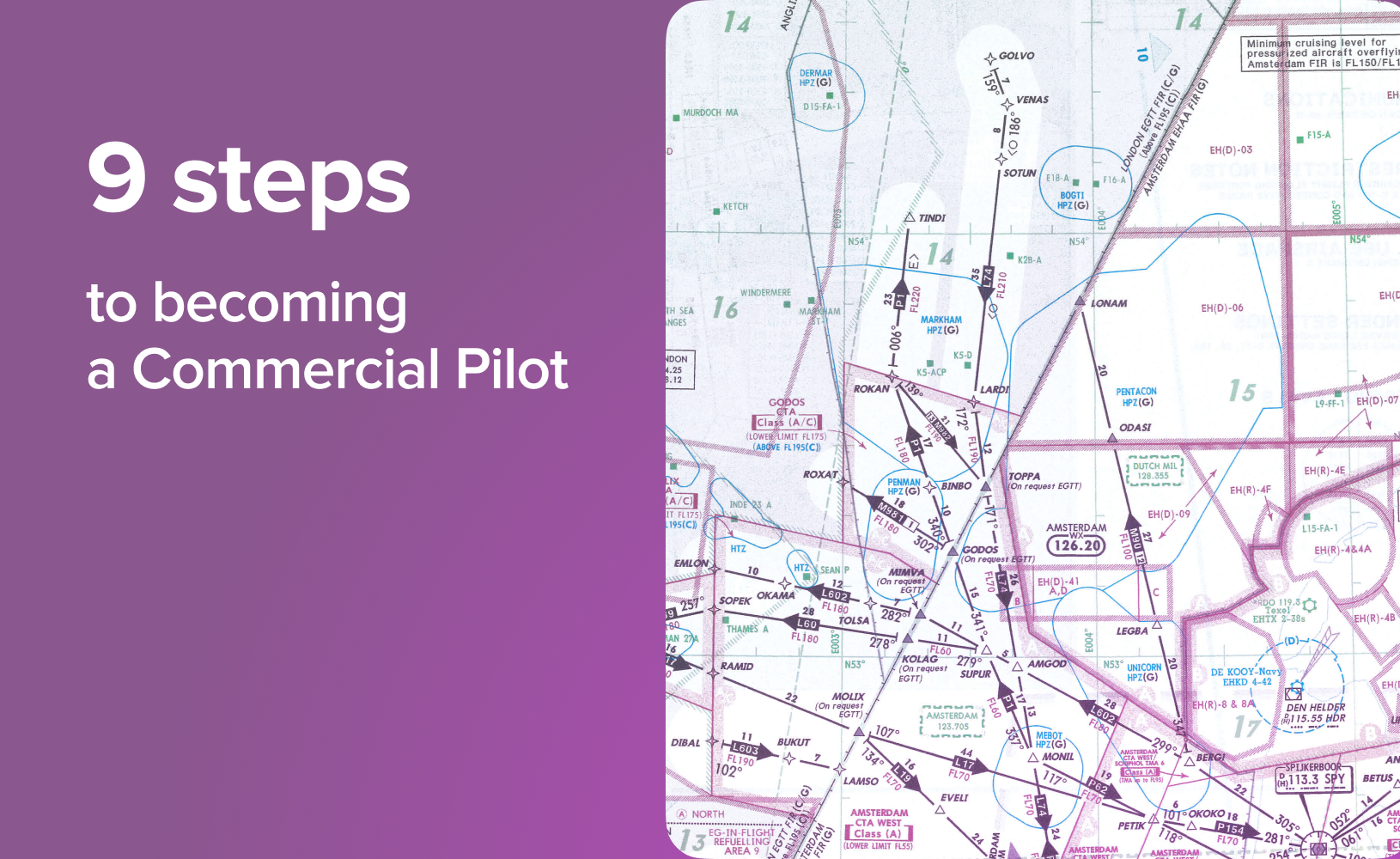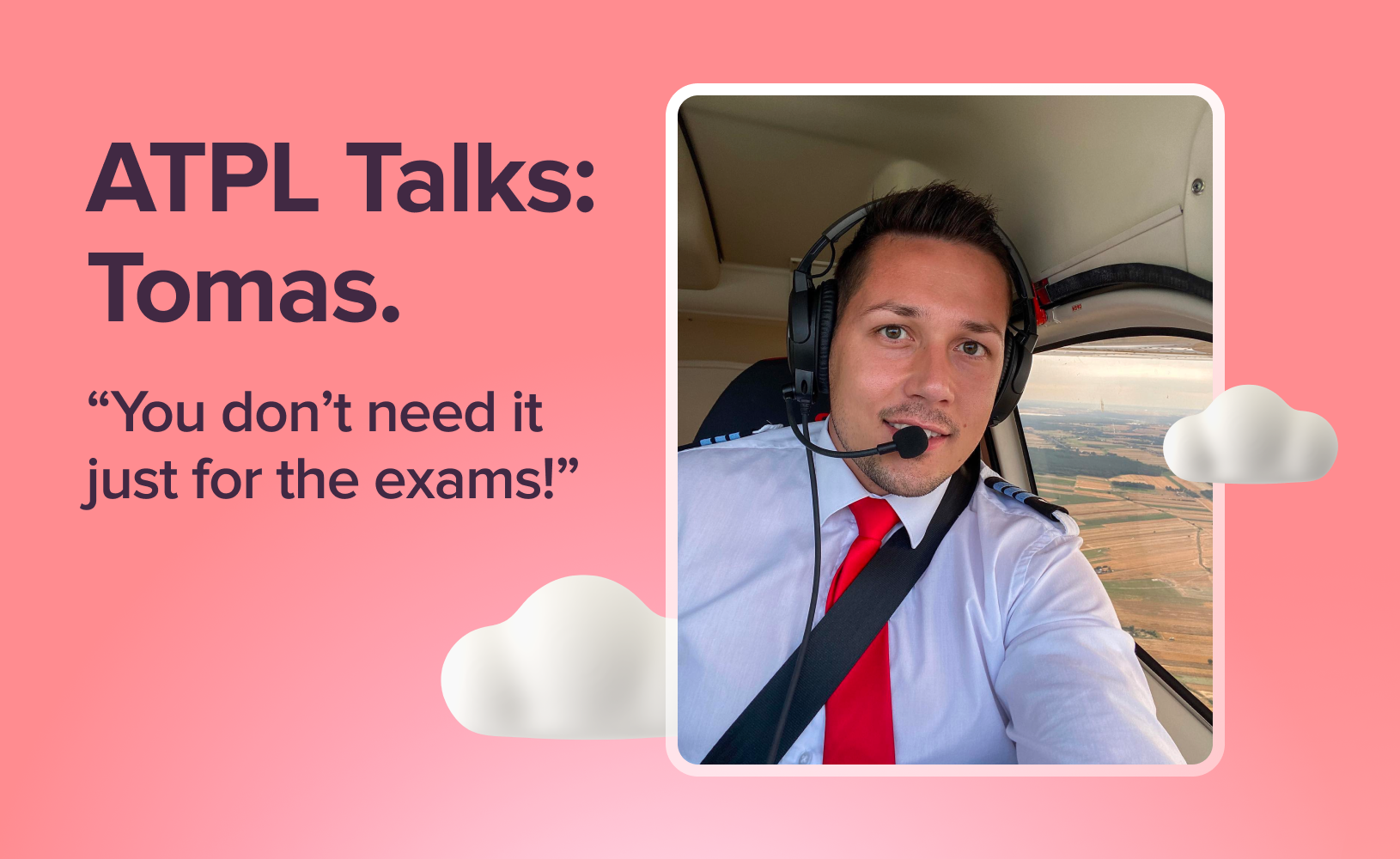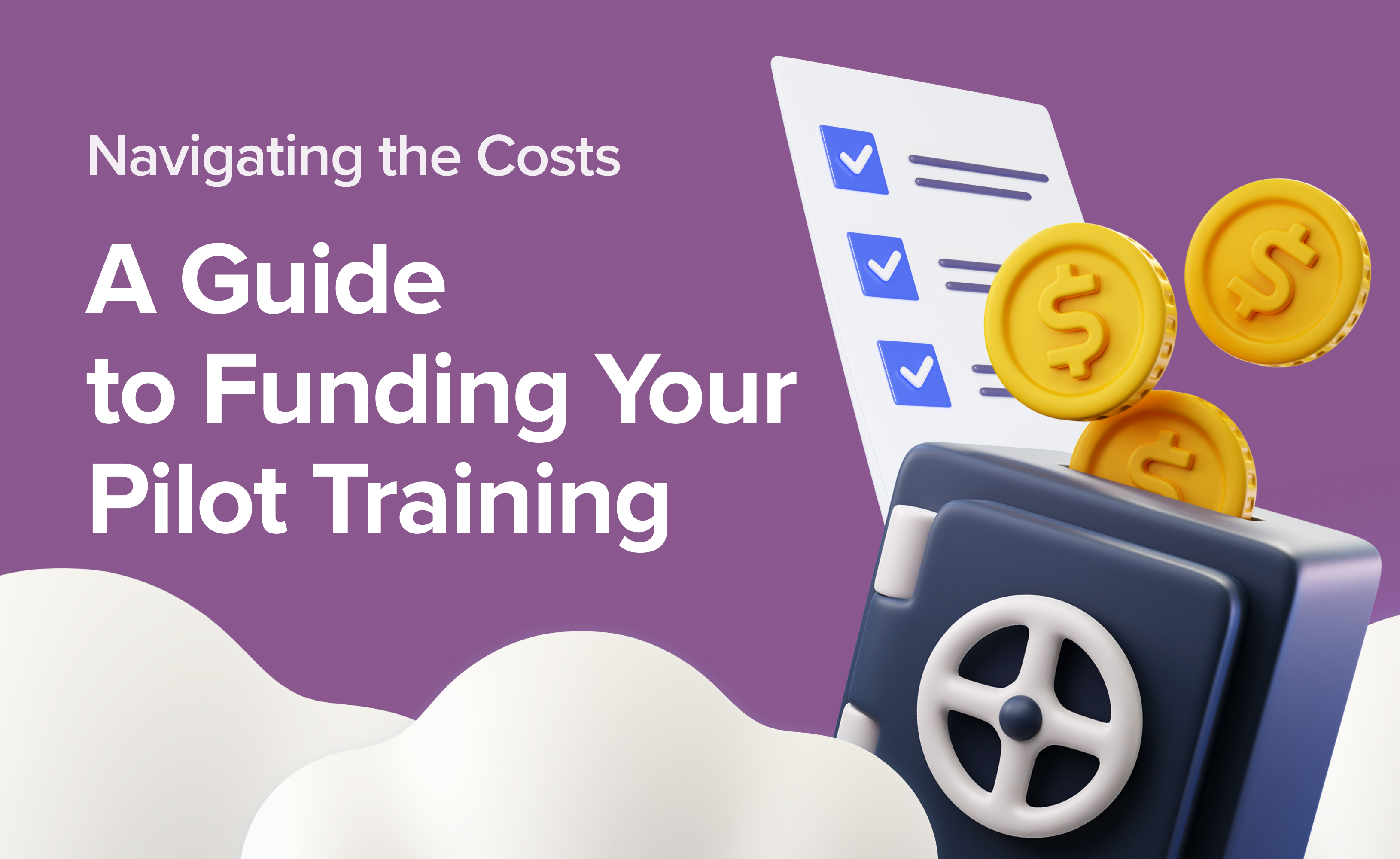8 tips on how to study and prepare for your ATPL exams
Although it takes a few years of experience as a commercial pilot to gain the hours for issue of an Airline Transport Pilot License (ATPL), it is usual to complete the ATPL theory exams when you do your CPL or MPL training. This first involves completing an approved course of training in aviation subjects before taking the 13 exams, demonstrating your maths and physics knowledge, and showing an understanding of the core pilot competencies. This can be quite a daunting task, so in this article, we'll explore 8 tips and strategies to make your studying process easier (at least to some extent).

Tip 1: Understand the task
Before you start studying, or even choose a route, you need to understand the requirements. The exams are the same, whether you are studying part-time or full-time, on a modular, integrated or MPL course, whether your training is instructor-led, self-study or a mix.If you are unsure about which is the best training route for your circumstance, have a look at this blog which goes into the options. There are some common features of each route. The theory element will take many months. It is likely that your exams will be spread over 2-3 separate sittings with the 13 subjects divided into 2-3 modules or phases. Even if you are following an instructor-led course, your success or failure will be determined by the effort you put in. This is about learning, not so much being taught…in other words take responsibility for your own learning, rather than expecting your school or instructors to spoon feed you. By the time you get onto your type rating you will be expected to be capable of self-directed learning, so best to get used to it now!
Tip 2: Choose a groundschool
You may have enrolled on a course that includes theory training such as an integrated course, a packaged modular course or an MPL programme. If you are following the modular route, you will need to enrol with an approved groundschool. Your choice may be dictated by the licence you are aiming for. If you are eligible to live and work in the EU, an EASA approved provider is logical. If in the UK you need a UK CAA approved school, but you may also wish to consider getting both a UK CAA and an EASA license. This is a blog article which goes into these decisions.Another important choice is whether to study full-time on a taught course or to go down the distance learning route. Maybe you are unable to commit 6 months full-time at a residential training centre. Maybe you want the flexibility of studying at your own pace and in locations that suit you. Maybe you want to continue working and/or flying while you study.When you have chosen the type of course you wish to do, you’ll need to consider what support is available from your shortlist of schools. Find out what their graduates think of them, what their reputation is in chat rooms such as PPrune, on Facebook groups or Discord channels. This article goes into more detail about how to choose a groundschool.
Tip 3: Create a Study Plan
Realistic planning is crucial when preparing for any kind of exam. If you are on a classroom-based course, you may have little control or flexibility but if you are on a distance learning course you will be able to plan to suit your own learning style and circumstances. These are several steps to follow while working out your action plan.
Decide how much time you will spend studying each day/week and how much studying you need to do to prepare for each set of exams. Your chosen groundschool should be able to help you understand the study task.
Be realistic; know your strengths and weaknesses and allocate your study time accordingly.
Pick target months for each set of exams based on the task and your capacity. Understand when you will need to commit to and book any mandatory classroom training and the exams themselves; your school should be able to advise you.
In broad terms, allocate 75% of the time before your exam for study and 25% for revision. For example, if you have allowed 12 weeks for a module, you should have completed the material by about week 9, allowing 3 weeks revision before the exams.
Break down your study material into manageable chunks and set weekly achievable goals for yourself.
Carry out a weekly review; what did you set out to achieve the previous week, what did you actually achieve and what are the implications for your plan?
It’s easier said than done, but self-discipline does make a difference. So, stick to your plan and make sure you're dedicating enough time to each subject.
Tip 4: Learn How to Learn!
Maybe you are straight out of school or university, so you are well used to learning. However, many of us come to ATPL theory training having not studied recently; and, however you pace it, this is a demanding course. Assuming that you have been given or have devised a weekly plan (Tip 3), this is how to get into a learning rhythm:
For each study session, define beforehand how long you will study and what you aim to cover/achieve.
Break down your study session into 60-minute chunks. Research shows we can absorb information for about 50 minutes after which you should take a 10-minute break (set a timer) before carrying on.
At the start of each 60-minute session, spend about 5 minutes reviewing the previous one, 5 more minutes going over what you will do in this session, 30 minutes studying, and finish with a 5-minute recap/review.
We learn by repetition. So, for each new topic first skim over it to understand the scope, then re-read it, but avoid getting bogged down with the difficult detail, then return to study in depth and finish by making notes (mind maps if you want). Review the following day by seeing if you can recall the headings of your notes (or reproduce your mind map). Revise again after a 2-day gap, then a week later, then a fortnight later, then a month later.
Build time onto your study plan for this revision and keep track of what you need to revise and when.
Tip 5: Use an ATPL question bank - wisely
Using an ATPL question bank is a highly effective way to prepare for the exams. It can also help with your learning, so don’t leave it until your final exam preparation. This is how we recommend getting the most out of a question bank like Airhead:
As soon as you have studied a topic or sub-topic, go to the bank and filter by subject, topic, and sub-topic, to attempt as many questions as you can on that area of study. At this stage it does not matter whether these are current exam questions or not; if they are in the style of real exam questions and cover topics in the syllabus, volume is key. If you get a question wrong, read the explanation and, if necessary, return to your course material to ensure you understand fully why you got the answer wrong. Some topics require memorising facts. Others require you to understand concepts. Rote learning of question answers will not help you understand concepts.
By the time you have completed your initial study of a subject, you should have seen most, if not all, the questions in the bank for that subject and have answered most of them correctly.
During your revision period, make time to carry out practice exams, untimed initially. Avoid the temptation to look at the explanations and correct answers as you work through the questions; you need to get used to answering under time pressure. When you have finished then review your answers and explanations as before.
When you are able to score well above the 75% pass mark on untimed exams, it's time to move onto the final stage, mock timed exams. Try to make the environment as realistic as possible, free from distractions, no looking at reference material; you are practicing for the real thing. Filter your question bank so you are concentrating on the questions most likely to appear in the real exams. It is usually to drop your scores by 10-15% in the real exams (there may be new, unseen questions and the pressure does affect many people) so you want to be consistently scoring 90%+ in mock exams.
Remember, your objective is to build a theoretical foundation for your career, not just to pass the exams and forget everything you have learnt, so learn from your course materials and use the question bank for consolidation and exam preparation, rather than just trying to learn the answers to the questions. Parrots can fly, but airlines are looking for professional pilots.
Tip 6: Learn from Your Peers
Joining study groups or online communities is a great way to connect with other pilots who are going through the same process. These groups can be an excellent resource for study tips, exam feedback, and motivation. You can find
Tip 7: Use Additional Resources
Whatever school you are studying with, consider additional resources. For example, there is one major theory provider that provides recorded lessons or webinars free to its own students as part of a blended learning package and as a subscription service for those from other schools. Use YouTube as well, and all the internet resources. If you want to find PDFs of the original regulations, they are online, as are all the detailed Learning Objectives that you will be tested on.Even if you are studying by distance learning there is a requirement that at least 10% of the study time - 65 hours - should be conducted in the classroom or by live webinar. Make sure your chosen groundschool provides this as part of the course. Some students resort to one-on-one tutor support in subject areas that they are particularly struggling with. This can be very useful but is also expensive and suggests that the groundschool they have paid to teach them isn’t doing the job as well as it could. Research in advance, extra expense should be avoided where possible.
Tip 8: Practice Exam Technique
Finally, you should practice exam techniques like time management, identifying keywords, and reading questions carefully. These skills will help you approach the exam with confidence and ensure that you're making the most of your time. Your school should help you with exam techniques, which you can practice when doing mock exams.
By following these tips, you can approach your ATPL exams with confidence and increase your chances of success. Remember to take your studies seriously, seek help when needed, and stay committed to your goals. With hard work and dedication, you can pass your ATPL theory exams and achieve your goal of becoming a commercial pilot.
Good luck!

















